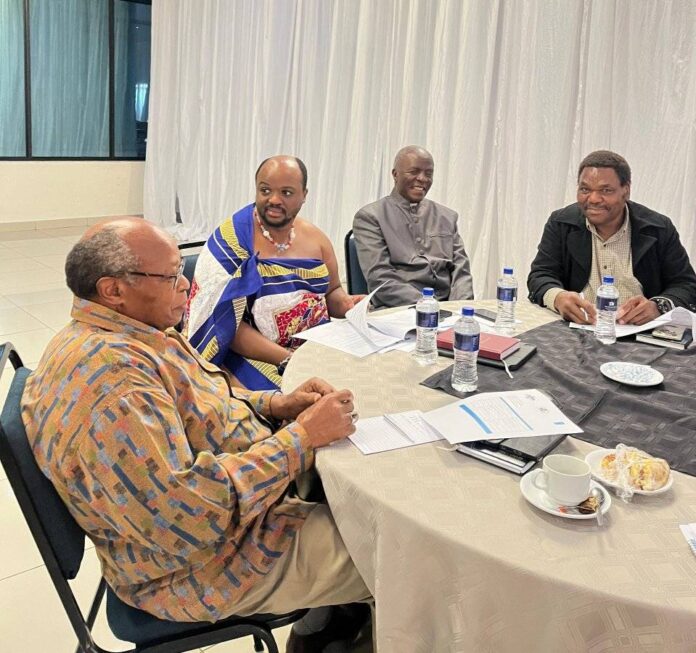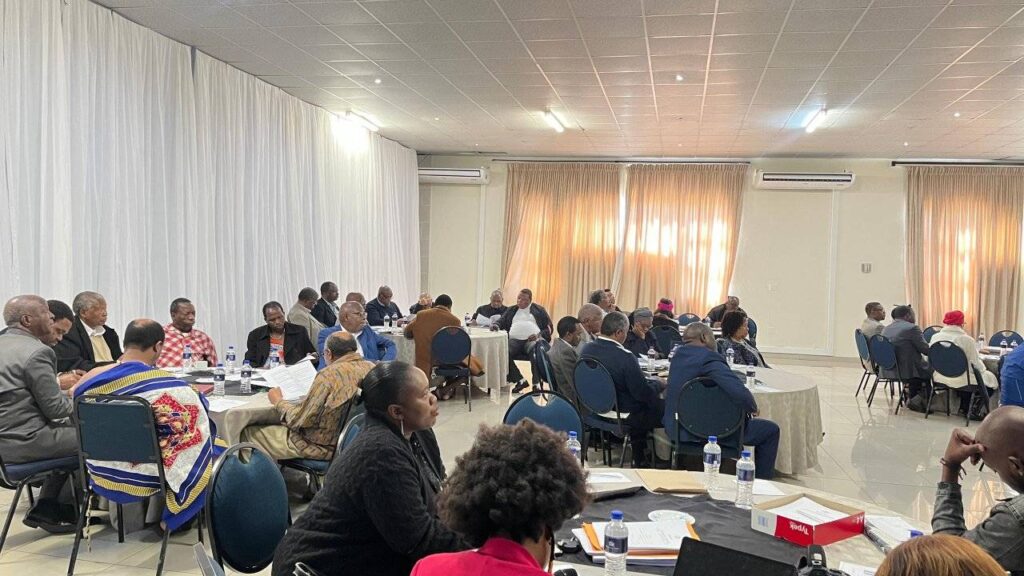If the workshops on the leadership code of conduct are anything to go by, then we should not bother with the current exercise of workshopping the public on the draft bill being prepared for debate in Parliament. We should throw in the towel already and focus on other things, such as how we can make sure that those who are corrupt and in leadership positions continue to benefit from the system without any threat to their positions.
We should accept that corruption is part and parcel of our way of life and that to change this does not look good for our society, at least not this current one (but I will come back to this point later). This current crop of leaders of society are happy with where they are.
They are not going to change and instead will make every possible excuse not to change. This is why corruption is at the doorstep of every good public office and will continue this way, because those who can make a difference are happy to either look the other way or just make excuses for it.
This is the cancer that is slowly eating this society away, like an ant enjoying itself on an elephant. We have no hope with this lot to fight corruption, and the sooner we throw in the towel, the better for all of us, because some of us are being ostracised for seeking to hold people accountable and by the standards that their high and public offices demand.
Yet, if you follow the discourse whenever there is an attempt to fight corruption, people stand up to throw the culture and custom blanket that shields many of our people “in good standing” from taking a good, strong look in the mirror. The blanket is big and colourful, and as soon as it is unveiled, people run into it for cover.
So, what happened this past week demonstrated once more what kind of challenges lie ahead for us as a nation, that we have no hope anything good will come out of the leadership code of conduct, were it to be enacted into law. In fact, if it is, then nakhona we should be grateful to the ancestors that it would have seen the light of day, because given the posture from those in leadership and politicians of this country, this bill should not even go through this stage.
The leadership code is a good thing; it is a good step toward transforming this society and giving us good leadership to usher us into a first world where conduct is important, be it by posture or by commission. The code is intended as a guide of good conduct, especially from public officers, but it should extend to the broader society so that we as a nation prosper — and do so without the corruption that has been so entrenched in everything that is defined Liswati.
It should be an aspiration to rid us of the things that hold us back; or a book that we can throw at the people who are given leadership responsibilities.
Yet, the body language and the silence coming from the consultations so far is that this will pose challenges and take away the traditions and values that define our culture. The silent message reveals that it is impossible to rid this conduct of people fleecing the country, living off corruption, corruptible people, or politicians selling themselves short, even if inadvertently.
The posture from those we expect to lead this process is that we are asking too much of ourselves as a nation. The tone is not that of people encouraging the scrutiny into themselves as leaders; no excitement at the opportunity to do better; no interest in making a difference and being the change that can be the difference. Something like that.
The tone, instead, is that of Annandale: “Naba bafuna kusimuka sikhwa emlonyeni!”
Sentiments
So, instead of people waking up to smell the coffee, there are sentiments about how much value to attach to gifts and whether these should be allowed. In fact, the concern over tetfulo and how chiefs will be left poorer should tell us all we need to know about this being a waste of time and good money.
People are concerned kutsi bo shifu batowudlaphi, when we should be appreciating the context that this perhaps presents which is, there are corruptible chiefs and people who have corrupted chiefs, so that we can find a way to define the right passage of time for tetfulo.
There should be a clear distinction about how we define good leadership and the ethical conduct everyone ought to emulate. The suggestion that these gifts, be it E100 to E5 000 are intrinsically linked to corruption should tell us about the task lying ahead if we are to rid ourselves of corruption. It should alarm us as to what these gifts are intended for and not merely just gifting. It is to tell us that people are using gifts for corruptible purposes, and not for simply gifting.
But that is to highlight the challenge of educating the public about corruption and bribes, as well as how leaders are expected to conduct themselves.
If at this stage, we are still in the dark about what kind of gift, and in what circumstance a gift should not be accepted, then we have a long way to go. This is why, therefore, I am suggesting we throw away the baby with the bathwater. There really is nothing to come out of this except the fear that our leaders have no heart for this leadership code of conduct. We should be very worried for the future and whether we are going to survive this era.
Perhaps, therefore, the future lies in what we do next. And this is to suggest that future generations may perhaps do better than what ours have done, entrenching corruption in every step of the way. The only way we can stop this corruption from being a part of us and our beloved culture is if we focus on the youth and those who are still to be plotted.
We can perhaps teach those from infantry the code of good conduct, because the adults of this country have no political will to change and will not change. Not now, not in the near future.
We should therefore focus our energies on teaching the young generation how to be good citizens and fight corruption. Perhaps, this idea of the leadership code should be taught in primary schools so that children understand from a young age what is expected of them to be good citizens.
The rest of us, it’s already too late. Kwanyalo, they can carry on and accept as many gifts as they can, and not declare them. Because for them: ingoto seyengca!









